What Do Magpies Eat and How to Attract Them to Your Garden
Magpies are one of the most intelligent and fascinating birds in the world. Known for their striking black and white plumage and long tails, these birds are commonly found in gardens and parks across the globe. In addition to their unique appearance, magpies are also known for their omnivorous diet. In this article, we will explore what magpies eat, how to attract them to your garden, and some interesting facts about these remarkable birds.
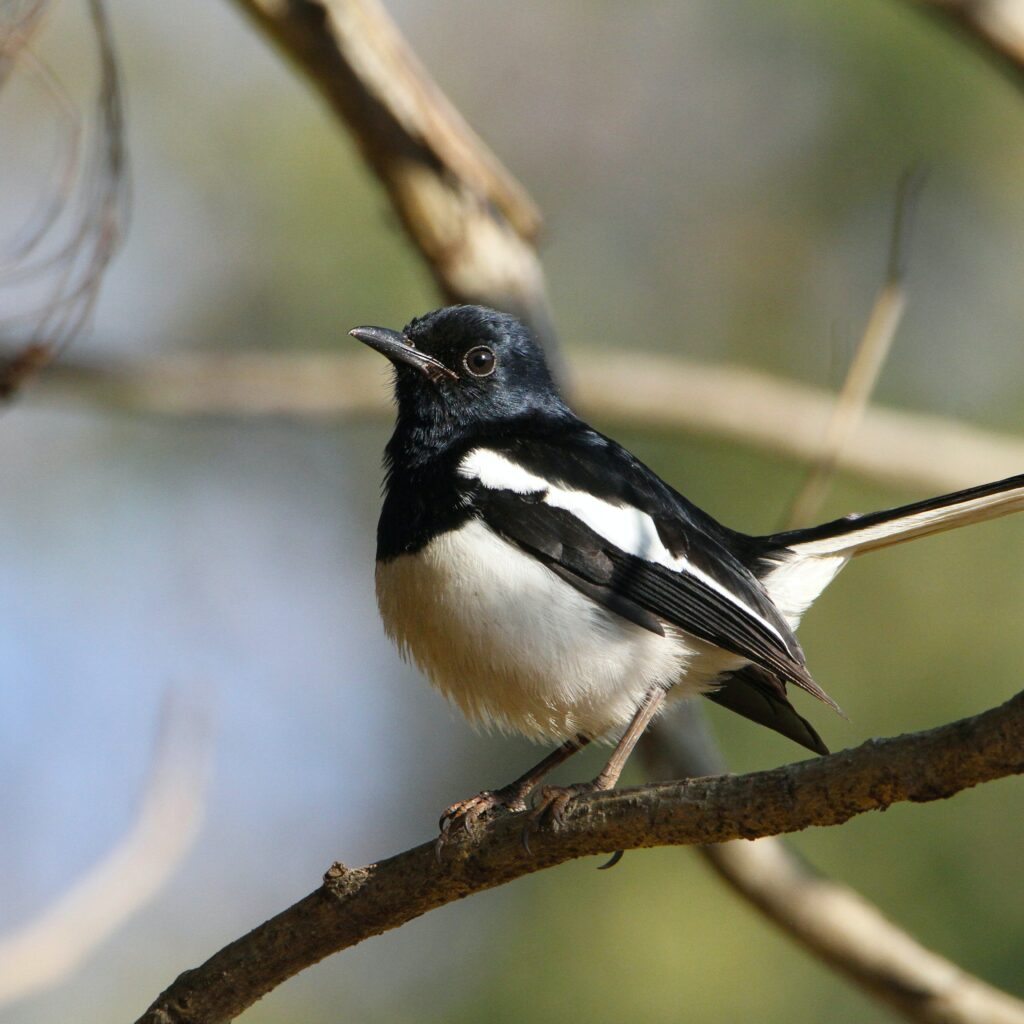
What Do Magpies Eat?
Magpies are omnivores, meaning they eat both plants and animals. Their diet varies depending on the time of year and the availability of food. Here are some of the foods that magpies commonly eat:
- Insects: Magpies eat a variety of insects, including beetles, caterpillars, and grasshoppers. They use their sharp beaks to catch and eat these small creatures.
- Small animals: Magpies are also known to eat small animals, such as mice, voles, and frogs. They have been observed hunting in pairs, with one bird distracting the prey while the other swoops in for the kill.
- Carrion: Magpies are scavengers and will eat dead animals, including roadkill and carcasses left by other animals.
- Seeds and fruit: In addition to animal-based foods, magpies also eat seeds and fruit. They are particularly fond of berries, including blackberries, elderberries, and hawthorn berries.
- Eggs and chicks: Magpies are notorious for raiding the nests of other birds and stealing their eggs and chicks. While this behavior can be devastating for other bird populations, it is a natural part of the magpie’s diet.
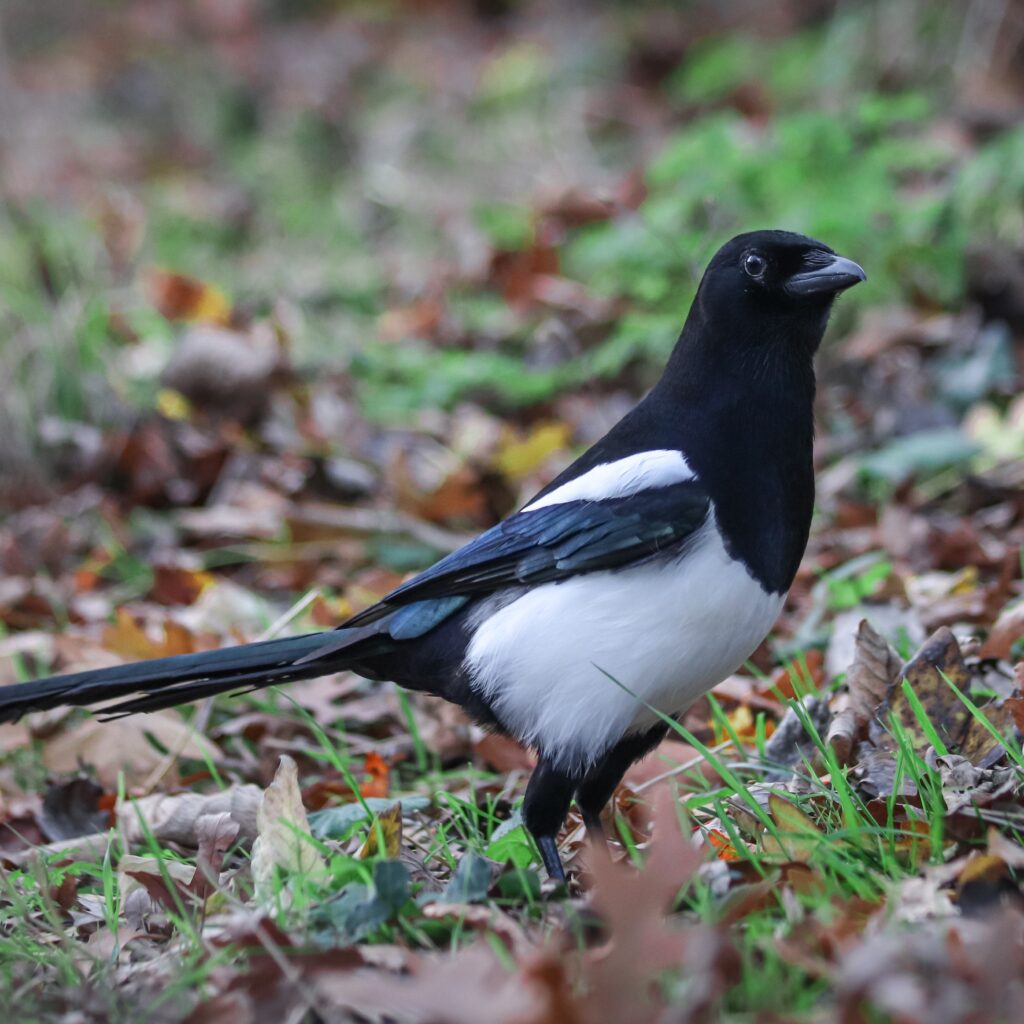
How to Attract Magpies to Your Garden
If you want to attract magpies to your garden, there are several things you can do:
- Provide food: Magpies are attracted to gardens that have a reliable source of food. You can put out bird feeders containing seeds, nuts, and suet, or you can leave out scraps of meat or fruit for the birds to eat.
- Create nesting sites: Magpies are social birds and will often nest in groups. You can create nesting sites by putting up nest boxes or leaving out natural materials, such as twigs and grasses, for the birds to build their own nests.
- Provide water: Magpies need water to drink and bathe in. You can provide water by putting out a bird bath or leaving out a shallow dish of water.
- Avoid using pesticides: Magpies eat insects, so using pesticides in your garden can harm the birds and reduce their food supply.
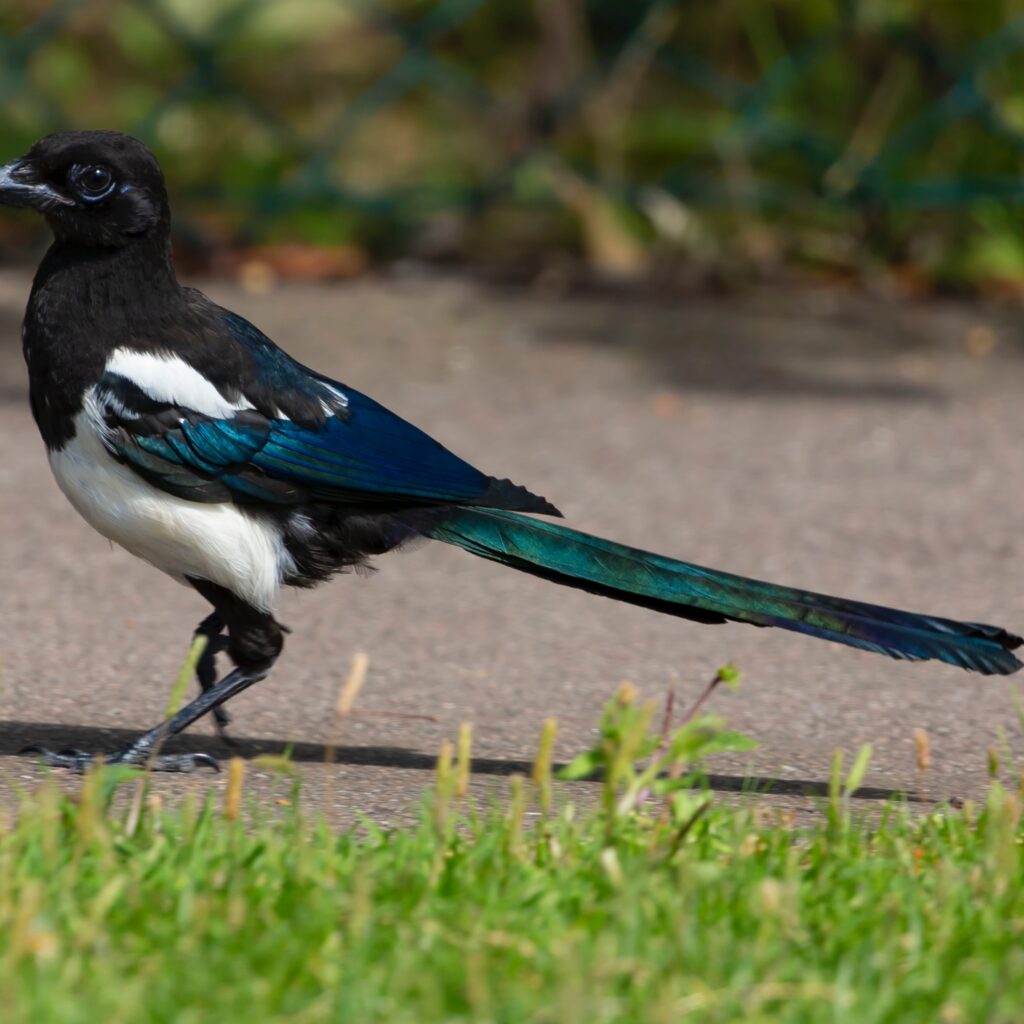
Interesting Facts About Magpies
- Magpies are highly intelligent birds and are known for their problem-solving abilities. They have been observed using tools to obtain food and are able to recognize themselves in mirrors.
- Magpies are found across Europe, Asia, and parts of Africa. There are several different species of magpies, including the Eurasian magpie and the black-billed magpie.
- Magpies are sometimes considered a nuisance because of their tendency to raid other bird’s nests. However, they also play an important role in controlling insect populations and cleaning up carrion.
- Magpies are known for their distinctive call, which sounds like a harsh, chattering “chack-chack-chack.” They are also skilled mimics and can imitate the sounds of other birds and animals.
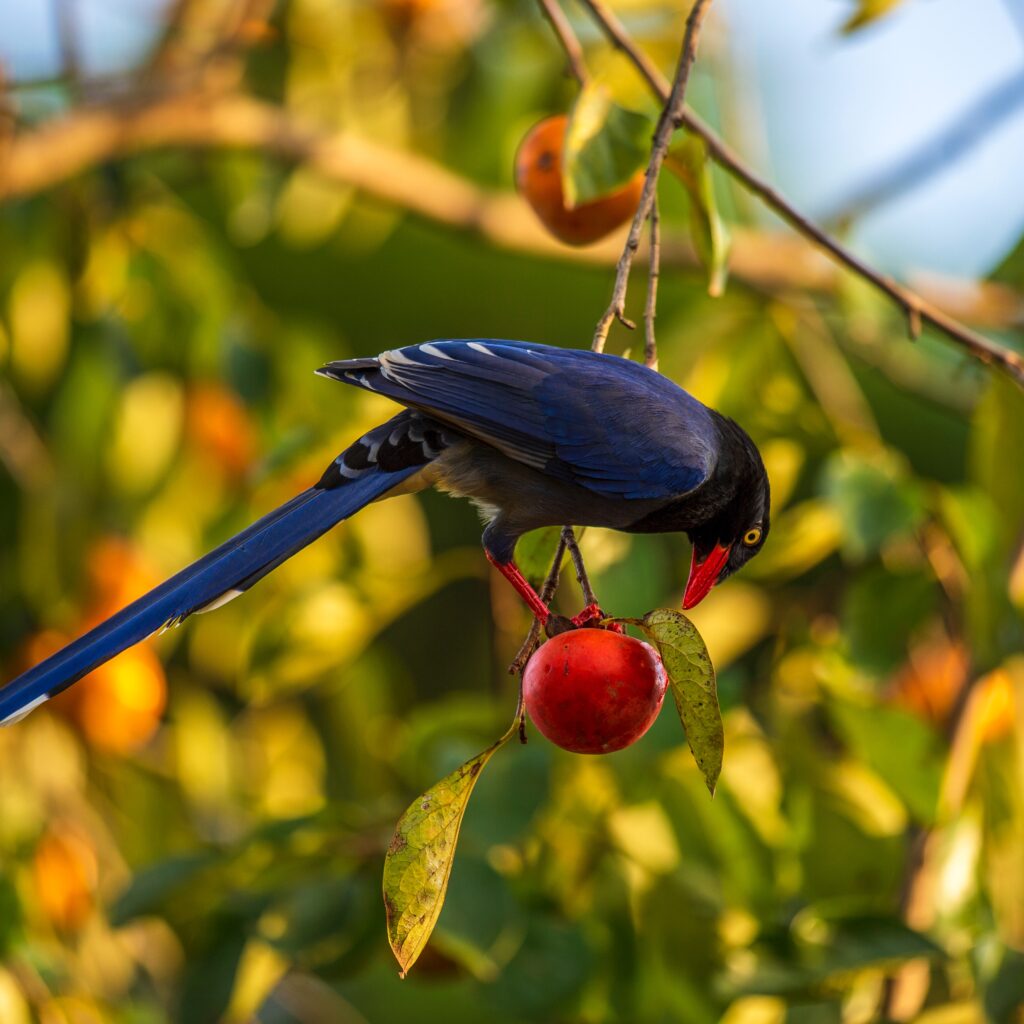
Conclusion
Magpies are fascinating birds with a varied and interesting diet. By providing food, nesting sites, and water, you can attract these birds to your garden and enjoy their unique behaviors and vocalizations. Whether you love or loathe magpies, there is no doubt that they add a touch of intrigue and charm to any outdoor space. Understanding what magpies eat and how to attract them can help you create a welcoming environment for these remarkable birds.
Remember, attracting magpies to your garden requires providing a suitable habitat and a reliable source of food. By implementing the tips mentioned above, you can increase your chances of enticing these intelligent creatures to visit your garden regularly. Enjoy the presence of magpies as they contribute to the biodiversity of your surroundings and offer an opportunity to observe their captivating behaviors up close. So, go ahead and create an inviting space for magpies to thrive and make your garden a hub of avian activity.

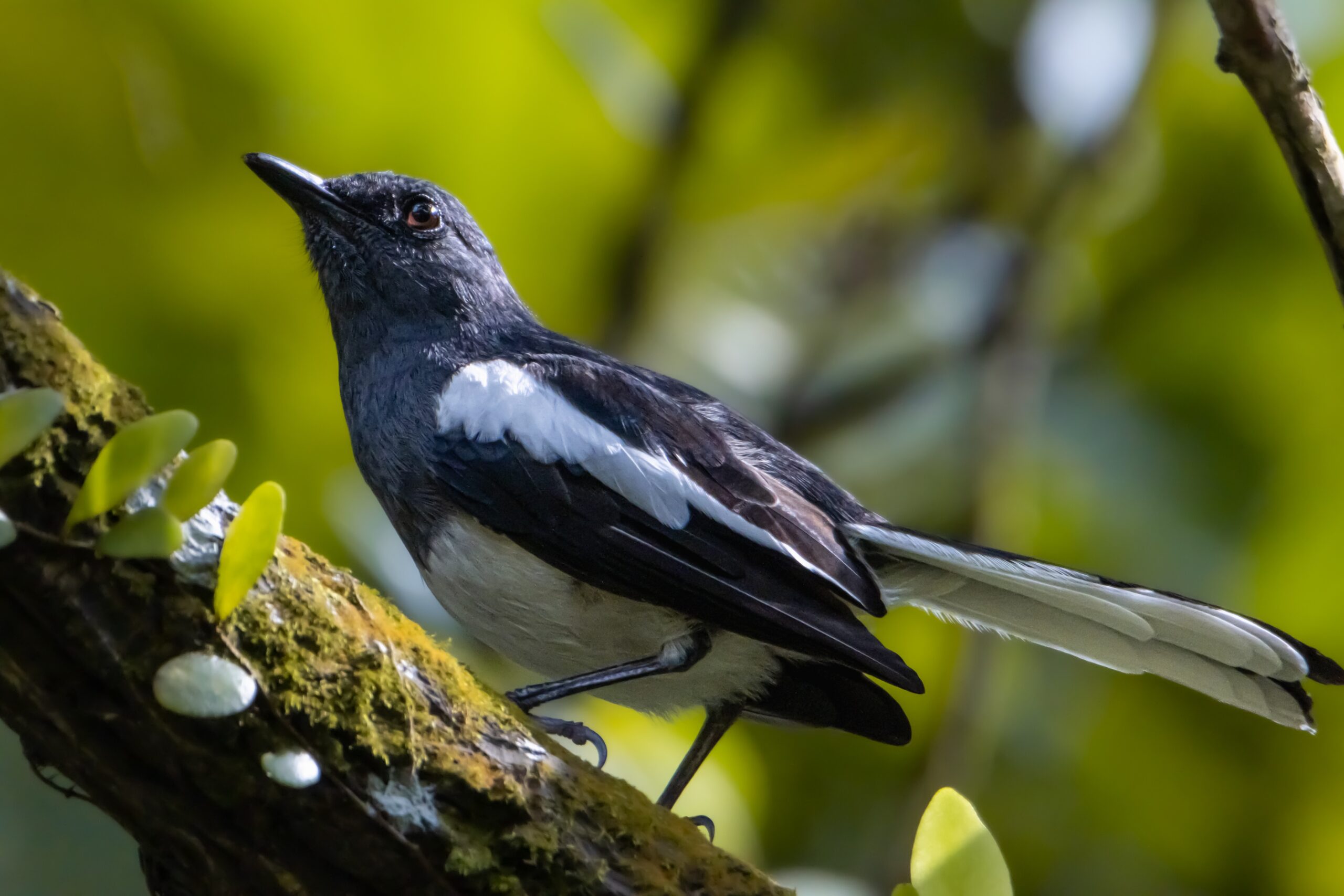
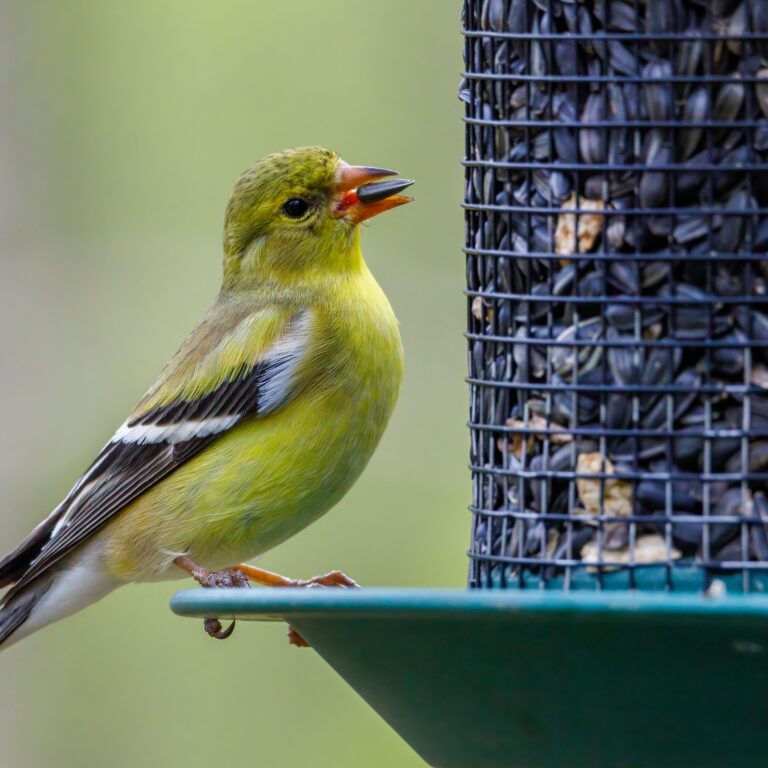
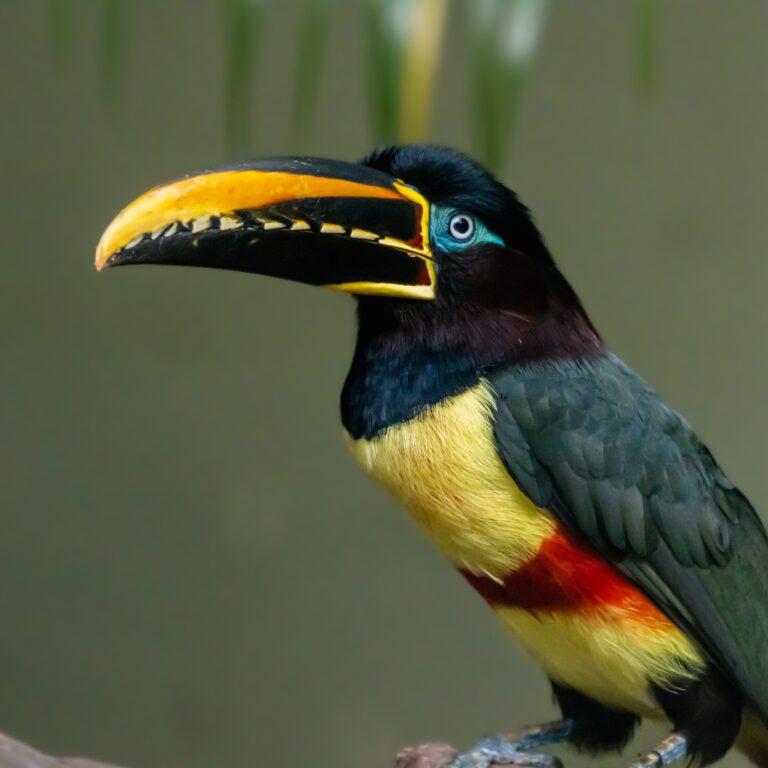
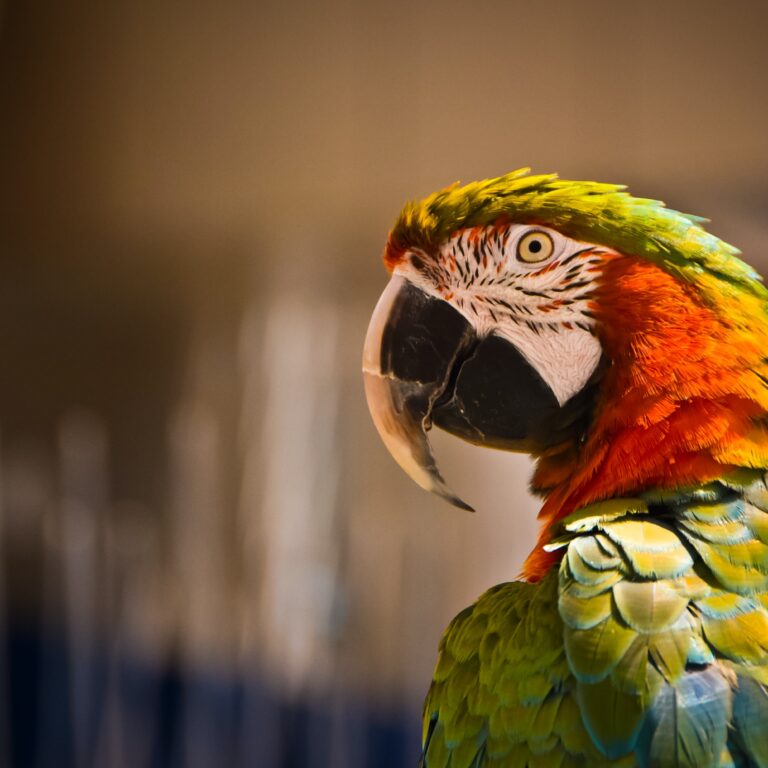
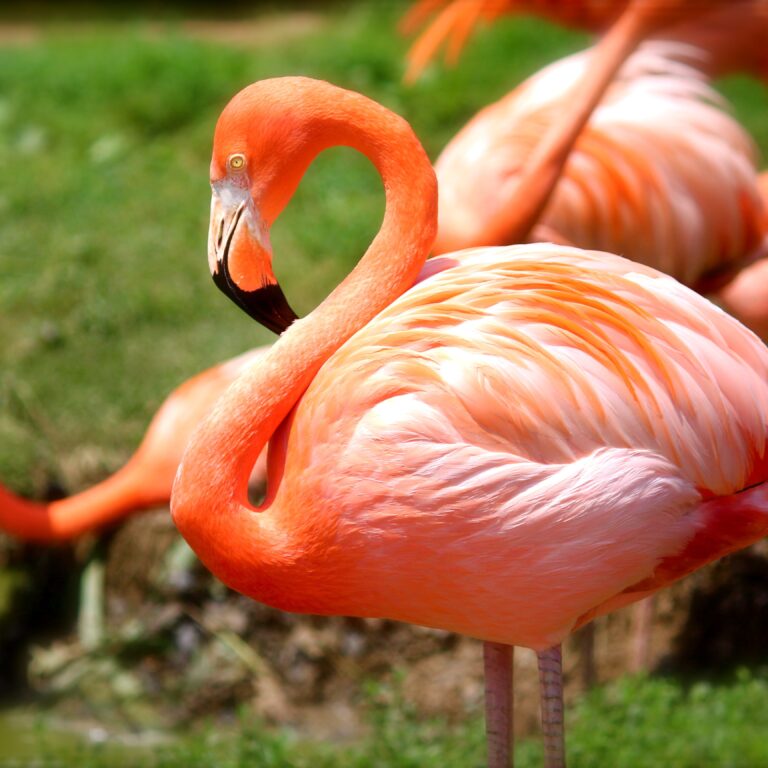
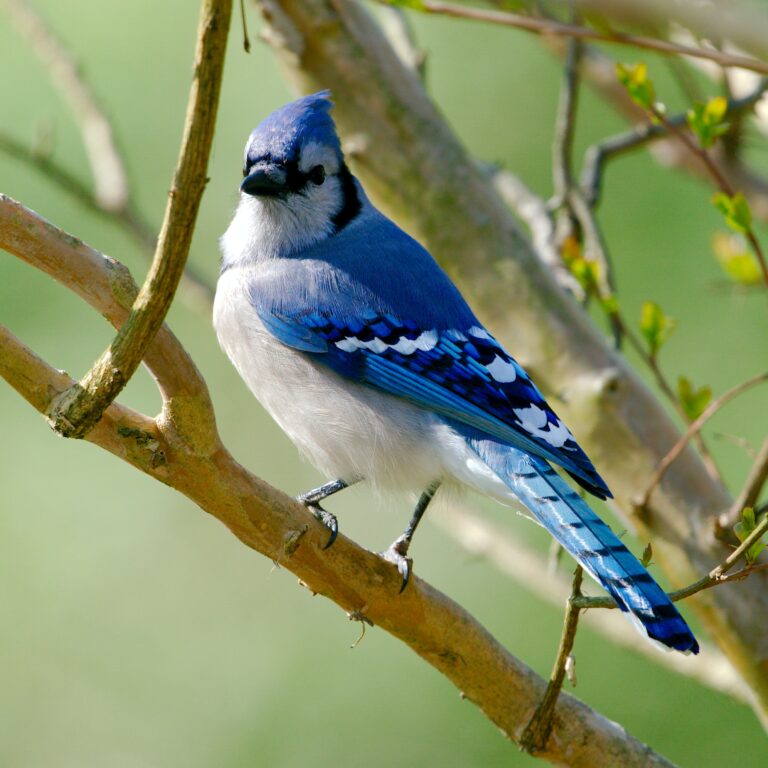
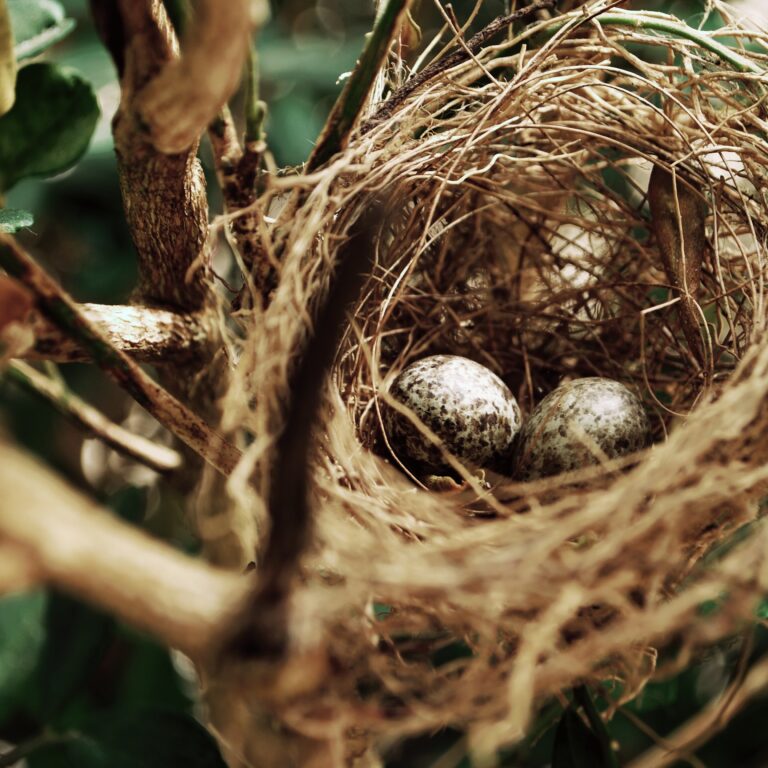
One Comment